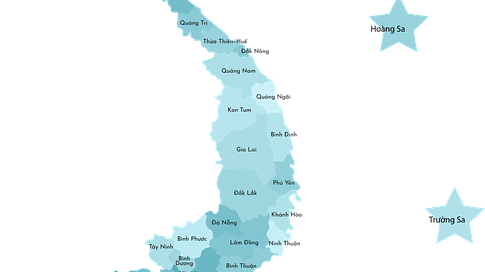Vietnam dengue cases down in 2023, Takeda vaccine access coming to the people
Vietnam Dengue 2023
Vietnam’s Ministry of Health reports a decrease in dengue fever cases in 2023 to date.
From the beginning of the year through early October, more than 93,800 dengue fever cases and 26 deaths have been recorded nationwide, down some 59 percent compared to the same period in 2022 (228,490).
The dengue-related deaths are also down significantly from the 117 reported last year at this time.
In Hanoi; however, from the beginning of 2023 until now, the city has had 17,974 cases of dengue fever (more than 3 times than the same period in 2022); including 3 deaths.
According to CDC Hanoi, the city is entering the peak of dengue fever. With current climate and weather conditions, it is forecast that the epidemic situation will continue to become complicated in the coming weeks.
Dengue vaccine
Vietnam Vaccine JSC ( VNVC ) and Japanese Takeda Pharmaceuticals signed a memorandum of understanding in Ho Chi Minh City on September 28 with the expectation of soon bringing a dengue vaccine to the Vietnamese people.
At the signing ceremony, the two sides agreed to implement important activities to promote awareness and improve the professional knowledge of medical workers on dengue prevention measures, including the dengue vaccine.
Subscribe to Outbreak News TV on YouTube
In addition, Prof. Dr. Nguyen Van Kinh, Vice President of the Vietnam Medical Association, former Director of the National Hospital of Tropical Diseases, said Thursday that Vietnam is one of the countries that will participate in testing the Japanese dengue vaccine.
Takeda’s dengue vaccine, TAK-003 (registered tradename QDENGA), has been licensed in more than 30 countries, including the European Union (EU), the UK, Argentina, and countries with dengue epidemiological patterns similar to that of Vietnam such as Indonesia, Brazil, and Thailand.
TAK-003 has yet to be licensed in Vietnam. Test results showed that the vaccine can create immune responses at different levels to all four serotypes of dengue virus in the world, helping to prevent disease and reduce the possibility of hospitalization among people with dengue.
According to the World Health Organization (WHO), dengue fever is classified as one of the 10 global health challenges, with up to 40% of the world's population living in areas at risk of dengue hemorrhagic fever infection. This is one of the fastest spreading diseases transmitted by mosquitoes, common in tropical regions. It is estimated that dengue fever causes about 20,000 deaths worldwide each year.





